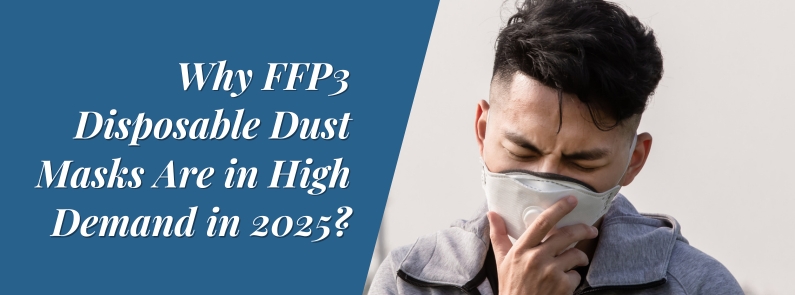
In 2025, the increased demand for FFP3 face masks will raise prices, particularly in sectors like construction, where workers face persistent exposure to fine silica dust, and in healthcare settings, where professionals combat airborne pathogens.

In 2025, the increased demand for FFP3 face masks will raise prices, particularly in sectors like construction, where workers face persistent exposure to fine silica dust, and in healthcare settings, where professionals combat airborne pathogens.

Imagine you are entering a construction site or industrial environment where invisible danger is everywhere: tiny particulate fumes that are injurious to the lungs. With every breath you take, you allow dust, viruses, or toxic fumes to enter your lungs. An FFP3 mask blocks up to 99% of these harmful particles, offering the highest level of protection. But what happens if you don’t wear one?